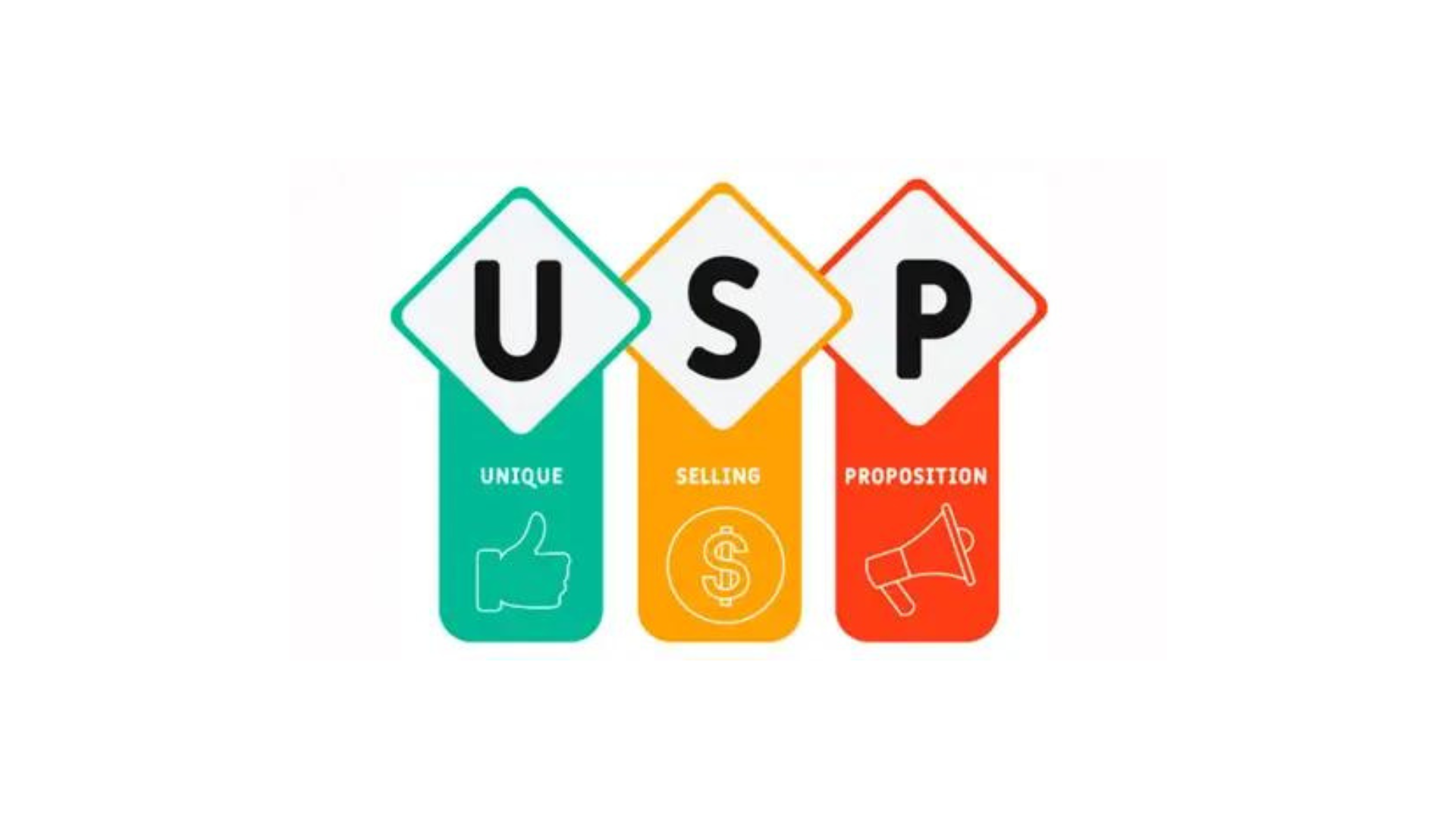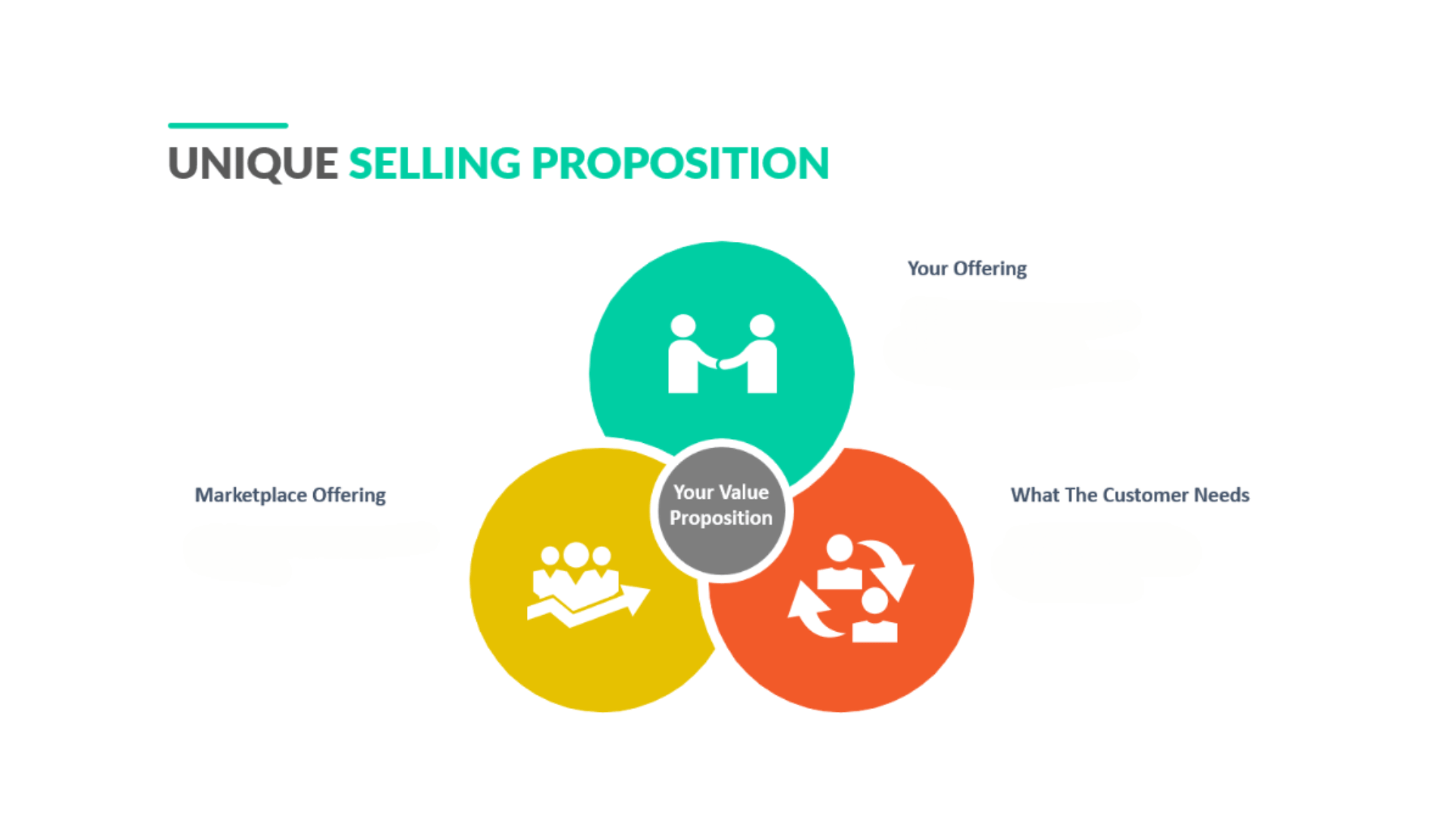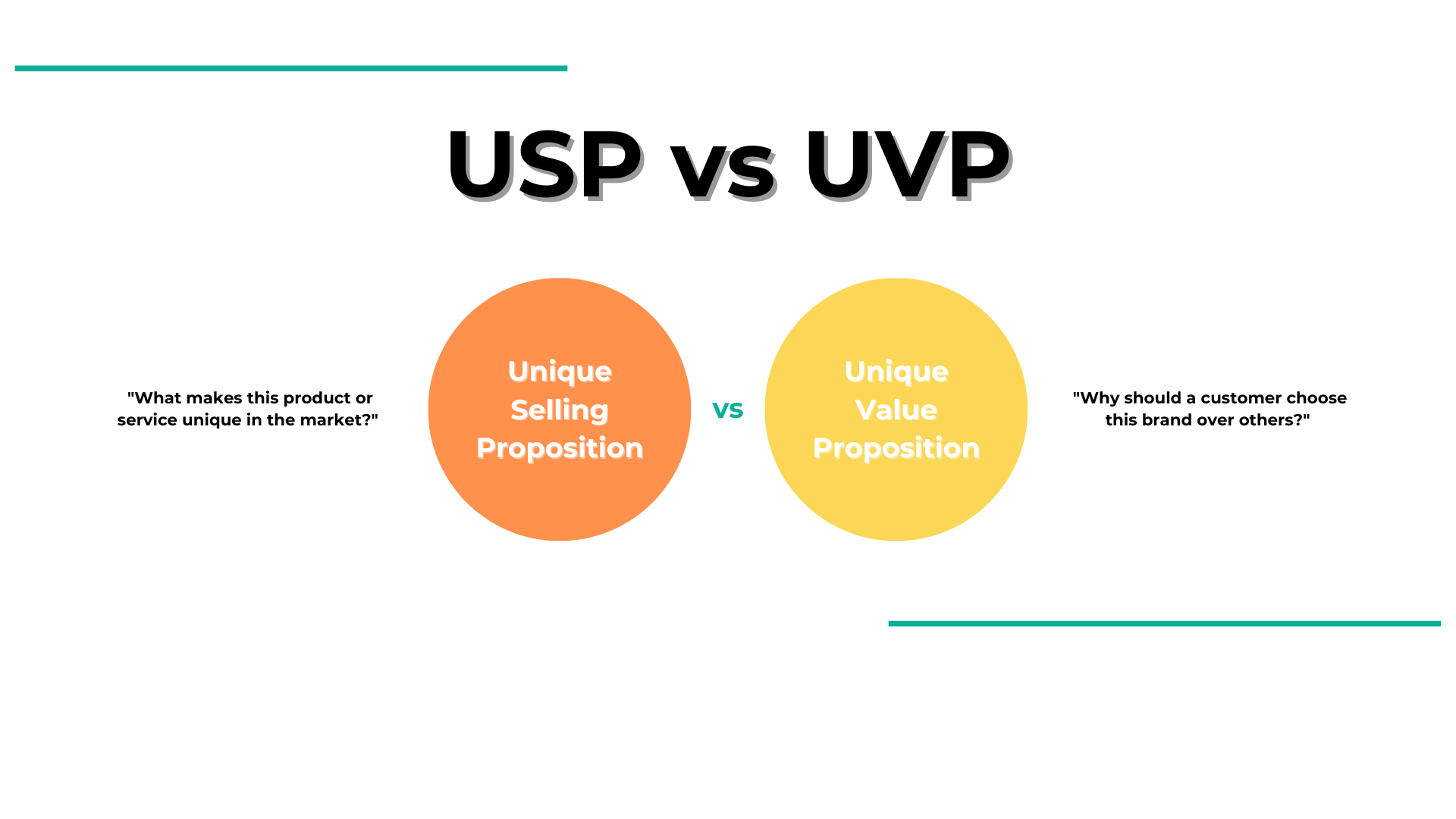Every brand has a unique identity that sets it apart from its competitors. This identity is your USP, or Unique Selling Proposition. Your USP is what makes your brand one of a kind, and it's what attracts customers to choose you over your competitors. If you want to find a niche for the brand but also deeply resonate with its target audience, create loyal customers and drive sales, you need to understand what USP means and how it affects your brand.
Let’s dive in!
What is USP: Definition and Purpose
A unique selling proposition (USP), also called a unique selling point, is a marketing statement that differentiates a product, service, or brand from its competitors. It's that one thing that makes it unique in comparison to all others on the market. The unique angle and selling proposition that makes your brand distinctive and helps you to market and brand yourself in a crowded market.
The primary purpose of a USP is to make a business stand out, enticing customers to choose it over others. It's about defining and communicating your brand message that sets you apart from the competition.

USP Evolution Over the Years
The concept of USP isn't new. It has its roots in advertising and marketing history, with its origin in the 1940s and 50s. Rosser Reeves, a famous adman in the 1940s, is credited with introducing the idea. He believed that each advert must clearly state a proposition: “Buy this product, and you'll get this specific benefit.” Back then, there were fewer brands, and they had more time to build a unique identity.
Over the years, as the number of brands increased and the market grew more complex, the USP evolved from just a benefit to encompass values, brand stories, and experiences that resonate with the target audience. Today, USP is even more crucial because of the constant explosion of new products, services, and companies entering the market.
Importance of USP and Differentiation Today
In today's crowded market, consumers have more options than ever before. To stand out from the competition, you need a USP that can catch your customers' attention and make them stick to your brand. Every strong brand leans on its distinctive brand platform, anchoring its presence in the market. Having a clear USP ensures that your brand stands out and is remembered.
A good USP builds brand loyalty and helps you create a strong bond with your customers. When you resonate with consumers on an emotional level, you turn one-time purchasers into loyal brand advocates. It's also essential to inform your marketing and advertising strategies by defining the messaging, tone and communication of your brand. Knowing your USP can guide and shape all communication strategies, ensuring consistency and maximum impact.
Ultimate Guide to Building an Authentic Brand Platform

USP Must-Have Characteristics
Before communicating your unique selling proposition, it’s important to ensure that it truly embodies the core values and promises of your brand while standing out in the market. Your USP should highlight your brand's unique benefits and answer the question: "Why should a customer choose our product or service over our competitors?"
To ensure that your USP is effective and resonates with your audience, it needs to meet these characteristics:
-
Clarity - A good USP should be clear, concise, and meaningful. This ensures that your message is easily understood and leaves no room for the risk of misinterpretation.
-
Relevance - A USP should deeply connect with the target audience's preferences, needs, and aspirations. The more relevant it is, the more it will strike a chord with your potential customers, making them more likely to choose your brand over others.
-
Uniqueness - In a saturated market, it's essential that your USP sets you apart from the competition. It should highlight what makes your offering unique, ensuring your brand remains top-of-mind for consumers.
-
Credibility - A claim is only as good as its authenticity. Your USP should be rooted in truth, making it more trustworthy for the audience. Avoid exaggerations - instead, focus on genuine benefits that can be delivered consistently.
-
Consistency - Brands evolve over time, but the core message behind a USP should remain consistent. This helps in building brand recall and ensures that even as your brand grows or pivots, the foundational promise to the consumer remains unwavering.
Aligning USP with these characteristics will not only make it more compelling but will also solidify its place in the competitive landscape, fostering trust and loyalty among your audience.

Examples of Authentic USPs
These USPs have become a part of the brand identity and help customers relate to the brand on a deeper level. They stand out because they are creative, emotional, and resonate with their audience.
-
Domino's Pizza: "You get fresh, hot pizza delivered to your door in 30 minutes or less — or it's free." This USP promises a clear benefit and sets a performance standard.
-
IKEA: "Affordable solutions for better living." IKEA's promise has always been about providing functional, design-forward, and affordable furniture solutions.
-
FedEx: "When it absolutely, positively has to be there overnight." The emphasis here is on trustworthiness and swiftness, key concerns for anyone needing a reliable courier service.
-
Volvo: "Safety first." For years, Volvo has emphasized safety as its primary value proposition, promising drivers a secure and reliable vehicle.
-
Disneyland: "The Happiest Place on Earth." This USP goes beyond the physical attractions of the park, promising an emotional experience of joy and nostalgia.
-
L'Oreal: "Because You're Worth It." More than just a beauty product, L'Oreal's USP speaks to self-worth and empowerment, resonating deeply with consumers.
-
Apple: "Think Different." While many tech companies focused on specs, Apple's USP emphasizes innovation and challenging the status quo.
-
Canva: "Empowering the world to design." Canva's USP highlights its mission to democratise design, emphasizing accessibility and ease-of-use.
-
Shopify: "The platform commerce is built on." Shopify's USP positions it as a foundational platform for e-commerce businesses, emphasizing reliability and scalability.
-
Red Bull: "Gives You Wings." Beyond just an energy boost, Red Bull promises an uplifting experience, making users feel invigorated and ready to take on challenges.
Find Your Unique Selling Point With Our Ultimate Guide!

Stand Out in a Competitive Market
USP is a crucial factor that differentiates and defines your brand. It helps you stand out from your competitors and build a loyal customer base. Understanding and defining your USP is essential for informing your marketing and advertising strategies and building a meaningful brand story. A strong USP can make a significant positive impact on the success of your business, so take the time to develop one that represents your brand best.
Stand Out With Cogify
From creating strategic brand blueprints to designing consistent digital identities, we're your all-in-one solution to make a lasting impression. Ready to elevate and resonate? Choose Cogify.






